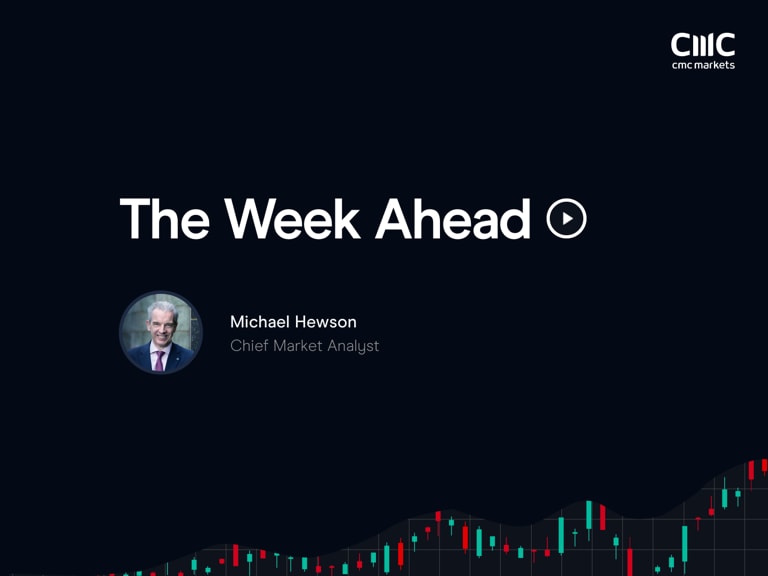European markets have started the week sliding sharply lower as rising concerns over the spread of Omicron, and how governments react to it has prompted widespread weakness across the board, and not much in the way of Christmas spirit, which seems to be in very short supply.
Europe
Today’s declines have probably been exacerbated by low liquidity levels and the fact that most market participants are pretty much done for the year.
Travel and leisure initially came under pressure as the prospect of a return to normal for air travel receded further into Q1 of next year, with IAG, and TUI continuing their trend of recent weakness. This started to turn around a bit in the afternoon session with the sector pulling off its lows of the day on the hope that any new lockdown could be limited in nature and more to the point, short lived. There is also the small matter that they’ve already been beaten up so much these past few days, that they are back at their lowest levels this year, or close to peak pessimism. This appears to be prompting some cautious buying, with most of the sector off their lows of the day.
Other fallers have been in basic resources and energy as growth slowdown concerns weigh on cyclicals, with BP amongst the biggest fallers, along with Antofagasta.
On the upside, having seen some big declines last week on the back of the Terminix deal, Rentokil shares are rebounding strongly as some new buyers’ creep back in after last week’s big declines. Royal Mail is also higher on the expectation that they should do well from new restrictions prompting more online ordering. That of course assumes they can keep their staff healthy.
US
US markets opened sharply lower, taking their cues from today’s negative European session, as well as the reports over the weekend that Democrat senator Joe Manchin said he couldn’t support the President’s new $1.9trn build back better infrastructure bill.
This news has seen the more domestically focussed Russell 2000 come under the most pressure, followed by the Dow. All sectors are coming under pressure, although there are some rays of light.
Moderna shares are on the rise after the company said a third dose of 50mg increased antibody levels against Omicron by as much as 37%. While this is welcome, more research still needs to be done on how long that boost lasts for
Novavax is also higher after its Covid-19 vaccine was cleared by European regulators, and requires two doses three weeks apart, with a 90.4 efficacy rate 7 days after the second dose.
There has been some good cheer in travel and leisure despite the ingrained pessimism around new restrictions. Cruise lines were initially lower, however a reasonable update from Carnival has helped pull the sector off its lows and into positive territory, guiding for fiscal year 2022 that it expects to post an H2 net profit, with advance bookings looking quite healthy. Q4 losses for the current fiscal year came in at $2bn. Occupancy rates were slightly higher than in Q3, rising to 58% from 54%, although they were below expectations, while revenues fell short at $1.29bn.
In M&A news Oracle has said it will buy electronic medical records company Cerner at $95 a share or $28.3bn. This appears to be another example of Oracle moving into medicine. Oracle is already partnered with UK based Oxford Nanopore to host new solutions that use genomic sequencing which would run on its cloud infrastructure on a global scale.
FX
The pound has struggled for gains over concerns about new lockdown restrictions, which could come as soon as this week. This is certainly the direction of travel that the scientists want the government to pursue, however the biggest problem would be getting people to obey restrictions just before Christmas. The air of mutiny is thick in the air, not only amongst politicians, but amongst the wider population, not least because most of the population have gone into a quasi-style lockdown in any case, limiting their social contacts as much as possible. The Canadian dollar is also lower on the back of weaker oil prices.
Commodities
After finishing the week lower, crude oil prices have continued to decline as concerns over the rapid spread of Omicron and the implementation of new restrictions have prompted a reassessment of demand considerations, sending WTI and Brent prices to a two week low. This is amidst fears that people won’t travel, and more importantly won’t be able to travel, for most of this month, and in some cases for most of January as well. With the Netherlands likely to be in lockdown until mid-January, and other countries potentially at risk of going down the same route, the pace of booster jabs is struggling to keep pace with the spread of the virus.
The slide in bond yields doesn’t appear to be helping gold prices push up towards new highs, with the strength of the US dollar probably acting as a bit of a drag. The lack of upside impetus also suggests that a lot of today’s risk off moves are being driven by a lack of liquidity, more than any undue pessimism about future economic prospects.






